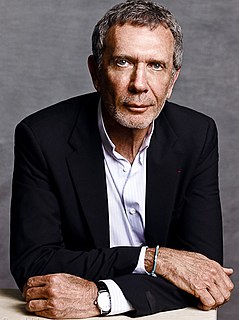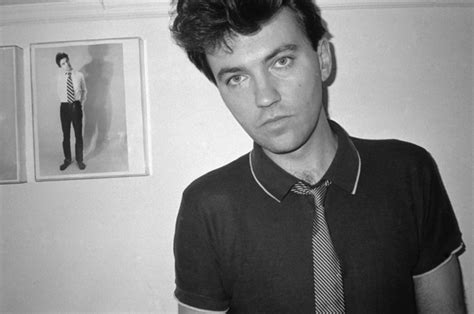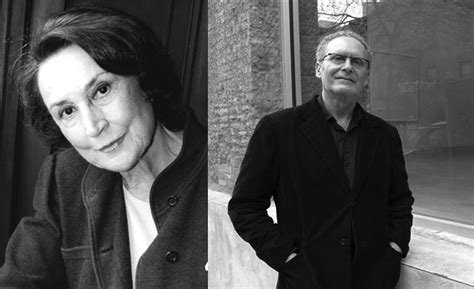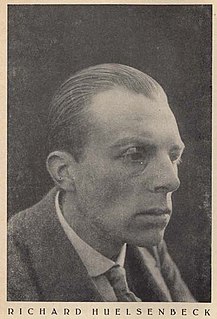A Quote by Arne Glimcher
There is more to representing art than selling art. The life of the gallery is dependent on the renewal and refreshment of its artists and dealers. When that stops happening, it's the end.
Related Quotes
I think what happened in the last 10 or 15 years in the art market is that all the players - and that includes artists, dealers, art advisors, everyone - basically became dealers. We've had old-school collectors morph into speculators, flipping works. We've seen auction houses buying works directly from artists or from sleazy middlemen. The last step before the crash was the artists themselves supplying the auction houses. Dealing themselves, you know? The art world is as unregulated as any financial market there is.
What's happening in the larger world always influences art. When I first started the gallery in 1959, one of the first things I learned was that most people assume artists know one thing and one thing only - that they were idiot savants. I found very quickly that most artists were very informed and very aware of what was happening in the world around them. So all of those things go together, especially for earthworks. And at that time there was such an intense interest in American art. So there was a great deal of attention paid to where it was going.
Any critic will tell you that there are a few dealers where you get a little bit scared to go into their gallery, and that's unfair to them, to yourself, to the reader, and to the artist. But I just want to look. When I'm done looking and writing, I love talking to art dealers. They are so alive and interesting and amazing - from Larry Gagosian all the way on down.
Art makes people do a double take and then, if they're looking at the picture, maybe they'll read the text under it that says, "Come to Union Square, For Anti-War Meeting Friday." I've been operating that way ever since - that art is a means to an end rather than simply an end in itself. In art school we're always taught that art is an end in itself - art for art's sake, expressing yourself, and that that's enough.
Warhol and other Pop artists had brought the art religion of art for art's sake to an end. If art was only business, then rock expressed that transcendental, religious yearning for communal, nonmarket esthetic feeling that official art denied. For a time during the seventies, rock culture became the religion of the avant-garde art world.
Art in its execution and direction is dependent on the time in which it lives, and artists are creatures of their epoch. The highest art will be that which in its conscious content presents the thousandfold problems of the day, the art which has been visibly shattered by the explosions of last week The best and most extraordinary artists will be those who every hour snatch the tatters of their bodies out of the frenzied cataract of life, who, with bleeding hands and hearts, hold fast to the intelligence of their time.
As a composer, I believe that music has the power to inspire a renewal of human consciousness, culture, and politics. And yet I refuse to make political art. More often than not political art fails as politics, and all too often it fails as art. To reach its fullest power, to be most moving and most fully useful to us, art must be itself.



































